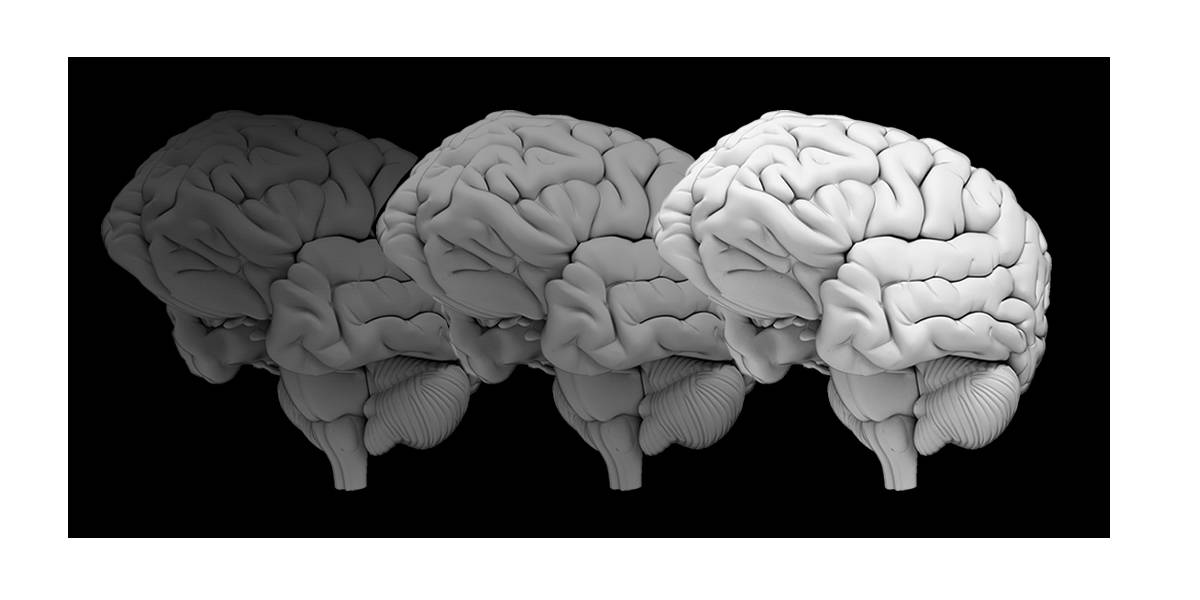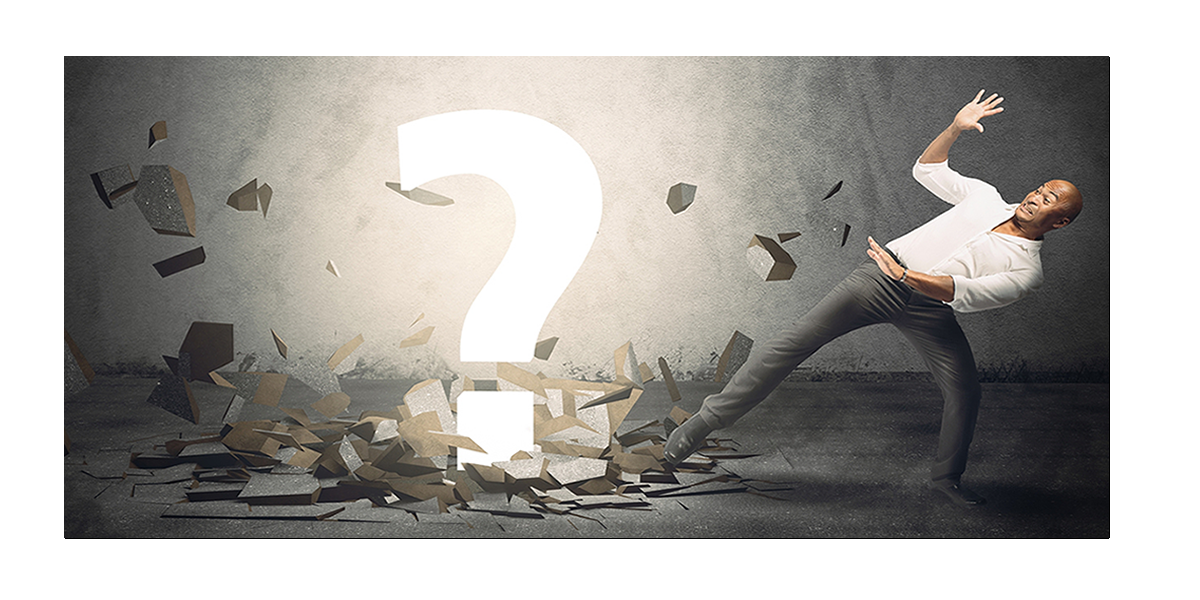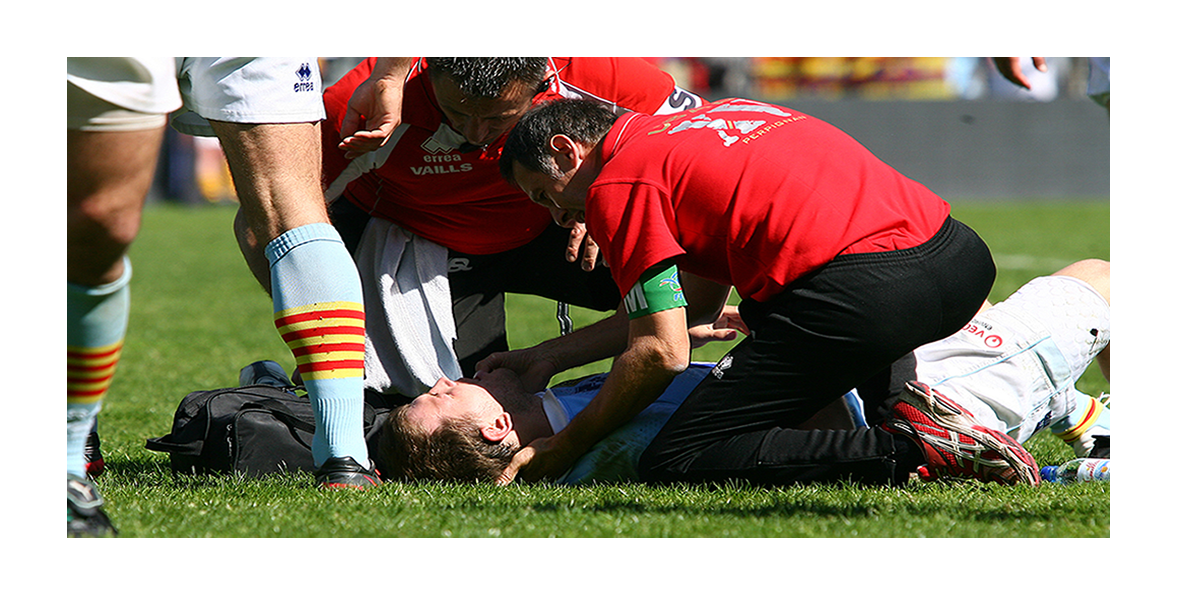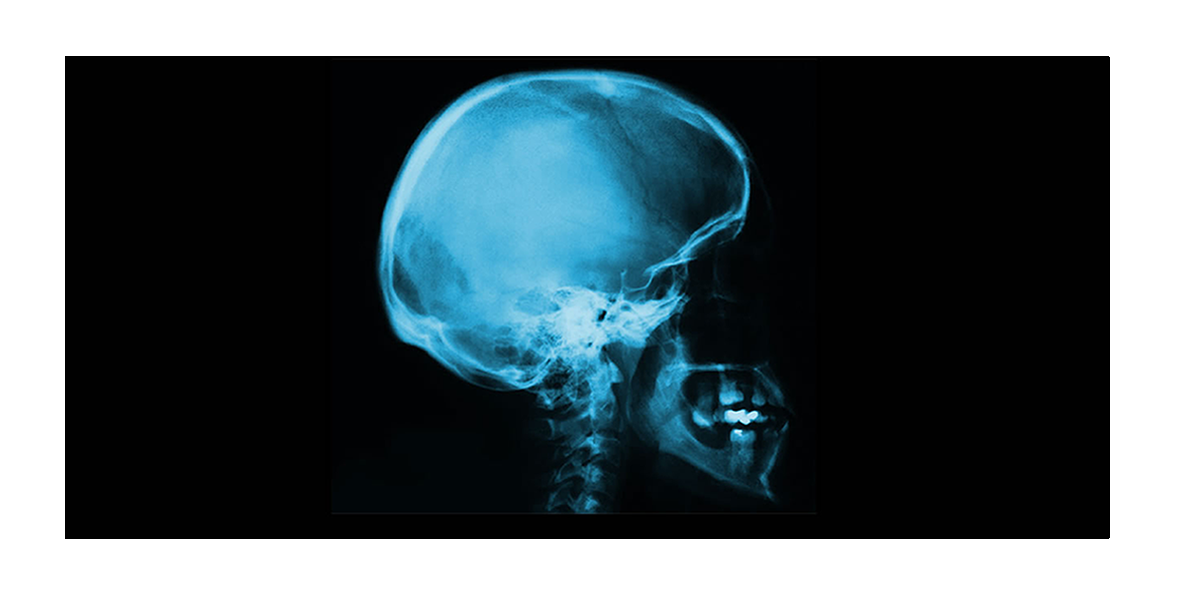Teenager dies after leaning out of moving train in Melbourne's south-east
The AgeGoya Dmytryshchak
A teenage boy died after leaning out of a train near Malvern station in Melbourne’s south-east on Friday night.
Paramedics were called to a site near the station at 9.05pm after reports that a passenger had been injured.
Police say the Beaumaris boy, 17, was travelling with two companions when he leaned out of the driver’s cabin at the back of the Caulfield-bound train.
It is believed the boy’s head struck a signalling pole causing catastrophic brain damage as he leaned from the door of the moving train, about 200 metres from the station.
Acting Sergeant Andrew Kiss said an investigation would determine how the accident happened and whether something was being done illegally.
"It appears he may either been hanging from the side of the train or hanging from the train," he said.
"We're not sure whether he was hanging outside or basically hanging from a window or one of the doors. That's still under investigation."
Emergency services crews were unable to revive the boy.
Ambulance Victoria spokesman Ray Rowe said paramedics treated the teen at the scene for upper body and leg injuries.
He was taken to The Alfred hospital in a critical condition but died shortly before 11pm.
No other passengers were injured.
Metro Trains spokeswoman Leah Waymark said staff were assisting the police, who are reviewing CCTV.
‘‘This is a tragic case of a handful of youths taking one risk too many and sadly ending the life of a young man,’’ she said.
‘‘Our thoughts are with the family and friends of the young boy as well as our staff who witness and are involved in the aftermath of these tragic accidents."
There were 305 people killed on the Melbourne train network between 2006 and 2013, with 51 identified as unintentional.
Ms Waymark said trains are safe if you follow the rules and don’t take risks.
‘‘The train network is not a playground for thrillseekers and we are doing more and more monitoring of CCTV to reduce this sort of risk-taking behaviour.
‘‘Sadly the consequences of this sort of risk-taking can be very high.’’
Police are investigating the circumstances leading up to the boy’s death.
Anyone with information is urged to contact Crime Stoppers on 1800 333 000 or at www.crimestoppers.com.au.
With Benjamin Millar
.jpg)






